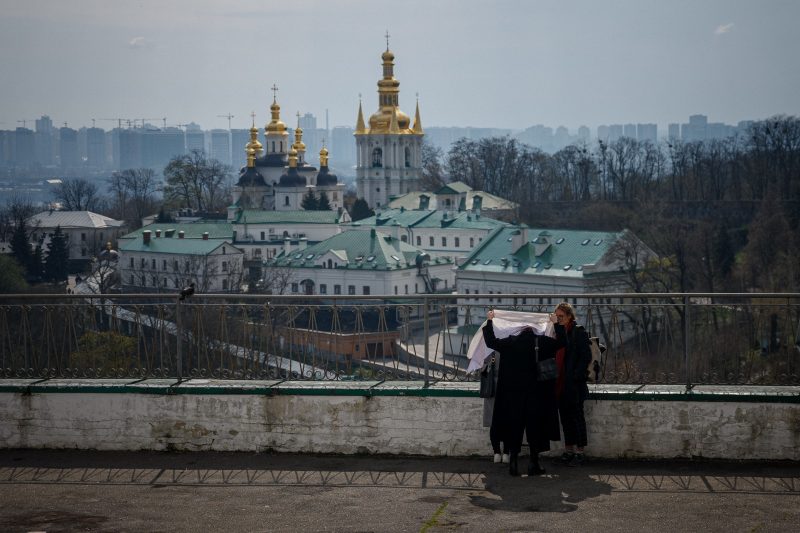In recent years, the Orthodox Church in Ukraine has been at the center of a heated battle between DC lobbyists, each seeking to influence the future of this religious institution. The conflict stems from a long-standing rift within the Church, dating back to the historic schism between the Ukrainian Orthodox Church and the Russian Orthodox Church. The dispute has only intensified in recent times, as political and social tensions have heightened.
At the heart of this struggle lies the question of legitimacy and authority. The Ukrainian Orthodox Church, historically aligned with the Moscow Patriarchate, has long been seen as a tool of Russian influence in Ukraine. However, in a significant move, the Orthodox Church of Ukraine was granted independence from the Moscow Patriarchate in 2018, a decision that was met with both enthusiasm and opposition within Ukraine and beyond.
DC lobbyists on both sides of the debate have been working tirelessly to sway lawmakers and policymakers in Washington to support their respective positions. Supporters of the Ukrainian Orthodox Church argue that the Church should have the right to determine its own future free from external interference, while opponents contend that the Moscow Patriarchate represents the true spiritual authority for Ukrainian Orthodox believers.
The battle over the future of the Orthodox Church in Ukraine has broader implications beyond religious matters. It has become intertwined with geopolitical struggles and national identity issues, with some viewing the Church as a key battleground in the ongoing conflict between Ukraine and Russia. As such, the involvement of DC lobbyists reflects the larger geopolitical interests at play, where religious autonomy is seen as a strategic asset.
Despite the efforts of lobbyists on both sides, the future of the Orthodox Church in Ukraine remains uncertain. The deep-rooted divisions within the Church, combined with external pressures and political agendas, have created a complex and challenging landscape. Ultimately, the resolution of this conflict will require careful navigation of religious, political, and social dynamics, with lasting implications for the future of the Church and the region as a whole.


































